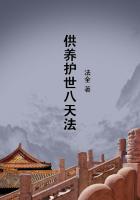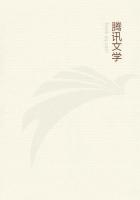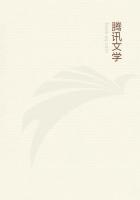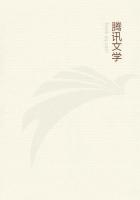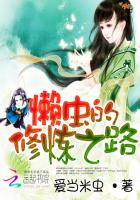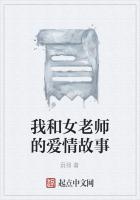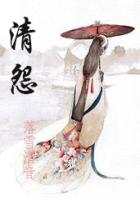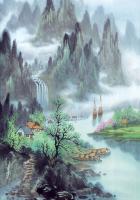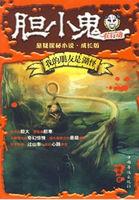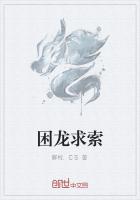The native medical profession is reasonably well represented.In addition to the regular practitioners, who are a really useful class, and know something of their profession, and the nature and power of certain medicines, there are others who devote their talents to some speciality.The elephant doctor prepares a medicine which is considered indispensable to the hunters when attacking that noble and sagacious beast; no hunter is willing to venture out before investing in this precious nostrum.The crocodile doctor sells a charm which is believed to possess the singular virtue of protecting its owner from crocodiles.Unwittingly we offended the crocodile school of medicine while at Tette, by shooting one of these huge reptiles as it lay basking in the sun on a sandbank; the doctors came to the Makololo in wrath, clamouring to know why the white man had shot their crocodile.
A shark's hook was baited one evening with a dog, of which the crocodile is said to be particularly fond; but the doctors removed the bait, on the principle that the more crocodiles the more demand for medicine, or perhaps because they preferred to eat the dog themselves.Many of the natives of this quarter are known, as in the South Seas, to eat the dog without paying any attention to its feeding.The dice doctor or diviner is an important member of the community, being consulted by Portuguese and natives alike.Part of his business is that of a detective, it being his duty to discover thieves.When goods are stolen, he goes and looks at the place, casts his dice, and waits a few days, and then, for a consideration, tells who is the thief:he is generally correct, for he trusts not to his dice alone; he has confidential agents all over the village, by whose inquiries and information he is enabled to detect the culprit.Since the introduction of muskets, gun doctors have sprung up, and they sell the medicine which professes to make good marksmen;others are rain doctors, etc., etc.The various schools deal in little charms, which are hung round the purchaser's neck to avert evil:some of them contain the medicine, others increase its power.
Indigo, about three or four feet high, grows in great luxuriance in the streets of Tette, and so does the senna plant.The leaves are undistinguishable from those imported in England.A small amount of first-rate cotton is cultivated by the native population for the manufacture of a coarse cloth.A neighbouring tribe raises the sugar-cane, and makes a little sugar; but they use most primitive wooden rollers, and having no skill in mixing lime with the extracted juice, the product is of course of very inferior quality.Plenty of magnetic iron ore is found near Tette, and coal also to any amount; a single cliff-seam measuring twenty-five feet in thickness.It was found to burn well in the steamer on the first trial.Gold is washed for in the beds of rivers, within a couple of days of Tette.The natives are fully aware of its value, but seldom search for it, and never dig deeper than four or five feet.They dread lest the falling in of the sand of the river's bed should bury them.In former times, when traders went with hundreds of slaves to the washings, the produce was considerable.It is now insignificant.The gold-producing lands have always been in the hands of independent tribes.
Deep cuttings near the sources of the gold-yielding streams seem never to have been tried here, as in California and Australia, nor has any machinery been used save common wooden basins for washing.

